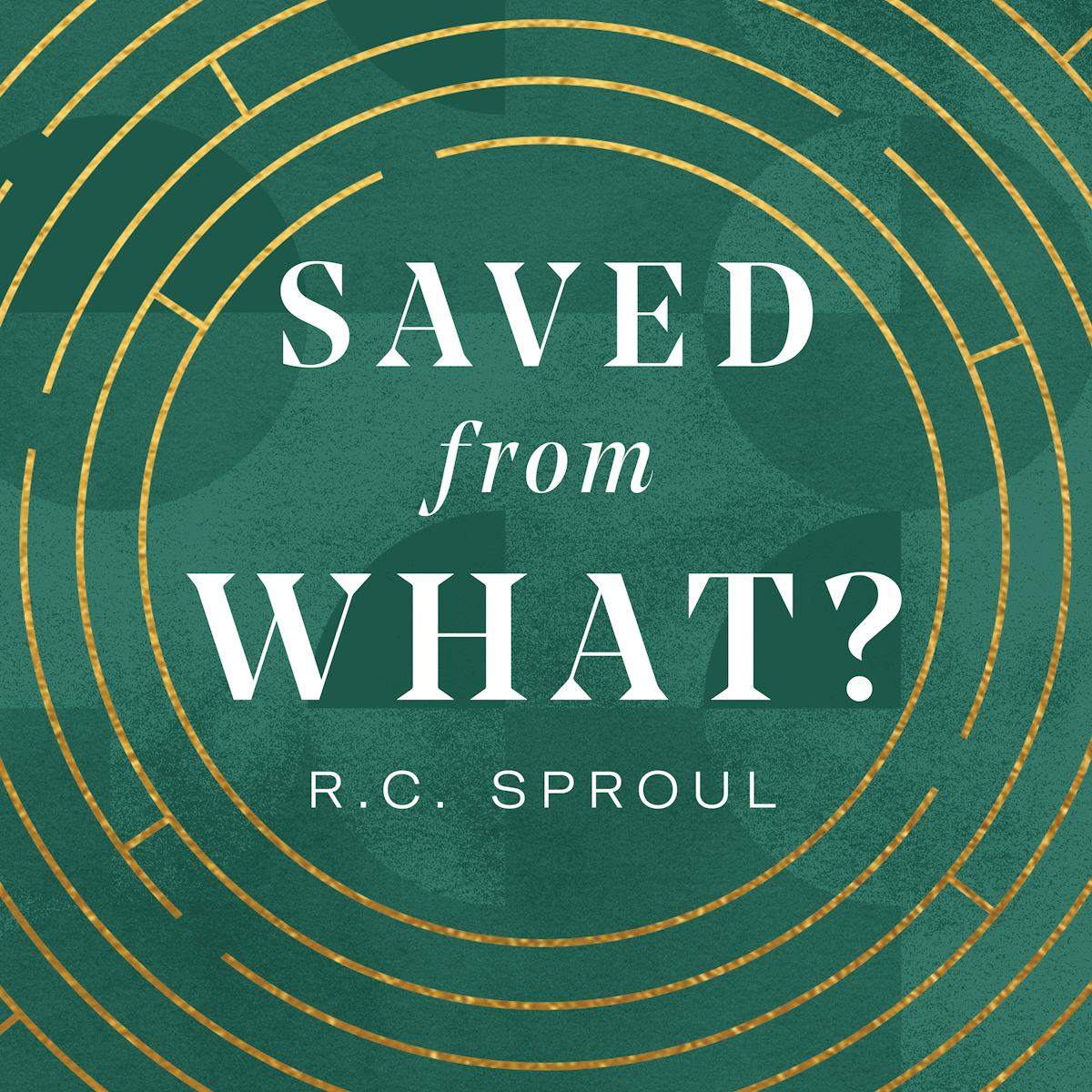
Have you ever been asked by a stranger, “Are you saved?” Many Christians use this question as an opportunity to tell someone about Jesus. But a common response to that question might catch us off guard: “Saved from what?” Until this essential question can be answered, we won’t be able to make sense of Christ’s sacrifice or explain it to others.In Saved from What?, Dr. R.C. Sproul reveals that the greatest danger we face is the holy wrath of God against our sin. But the glory of the gospel is that the One from whom we need to be saved is the very One who saves us. As we better understand the severity of our sin and the sufficiency of Christ’s atonement, the truth of God’s grace will deepen our worship and drive us to make His salvation known.
- Opening Credits
- Dedication
- Part 1: Saved from What? | Chapter 1: Saved from What?
- Chapter 2: The Shattered Self-Image
- Part 2: Saved by What? | Chapter 3: Saved by What?
- Chapter 4: The Drama of Redemption
- Chapter 5: Christ Our Ransom
- Chapter 6: Blessing or Curse?
- Chapter 7: Appropriating the Cross
- Part 3: Saved for What? | Chapter 8: Adoption and the Beatific Vision
- Closing Credits
R.C. Sproul
R.C. Sproul was an American Reformed theologian and ordained pastor in the Presbyterian Church in America. Known for his remarkable ability to effectively communicate deep, practical truths from the Bible, Sproul left an enduring legacy in theology. R.C.’s impact was evident through his diverse roles and accomplishments. He founded Ligonier Ministries, a renowned organization named after the Ligonier Valley near Pittsburgh, where it originated as a study center for college and seminary students. Additionally, he served as the first minister of preaching and teaching at Saint Andrew's Chapel, and the first president of Reformation Bible College. Beyond his ministries, Sproul's influence extended through various platforms. He could be heard daily on the Renewing Your Mind radio broadcast, captivating audiences not only in the United States but also internationally. Under his guidance, Ligonier Ministries played a pivotal role in the production of the Ligonier Statement on Biblical Inerrancy, which later evolved into the influential 1978 Chicago Statement on Biblical Inerrancy. R.C. Sproul’s contributions earned him the reputation as "the greatest and most influential proponent of the recovery of Reformed theology in the last century."